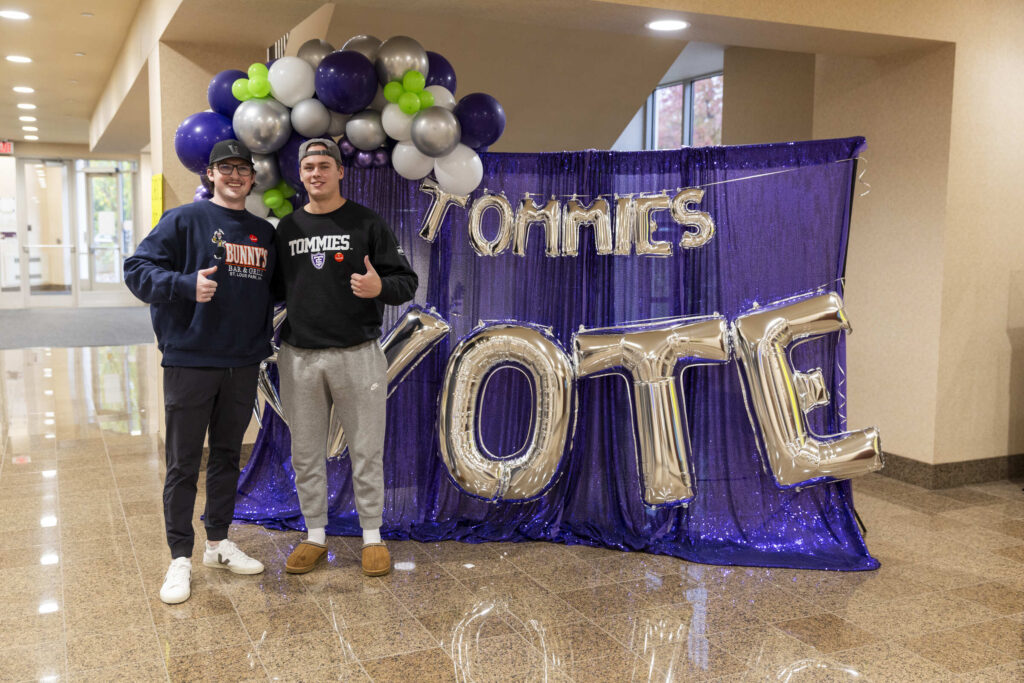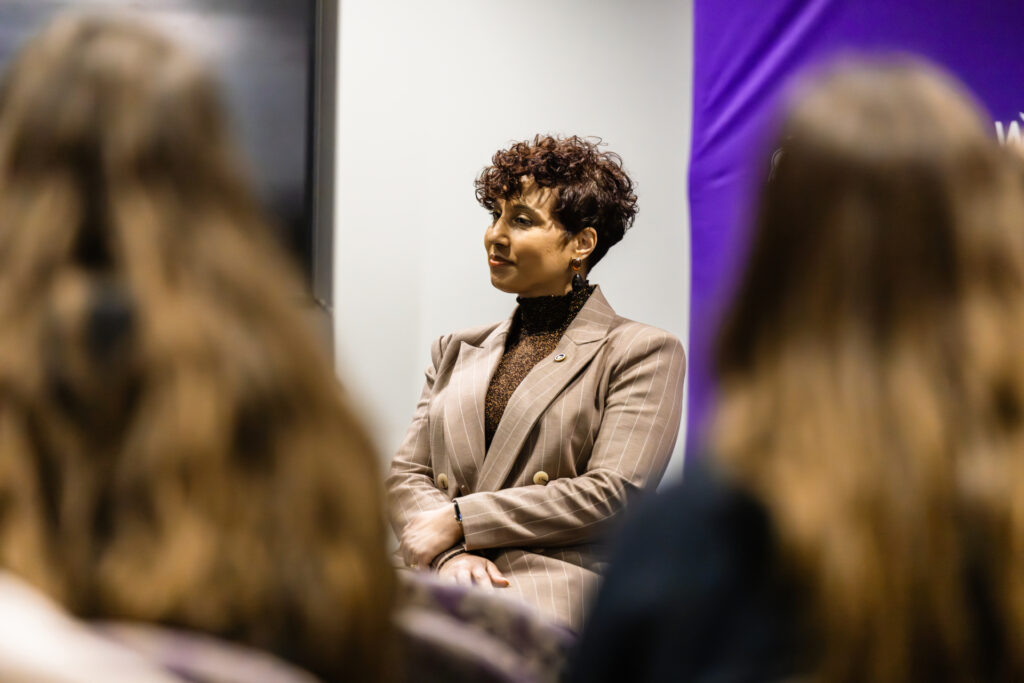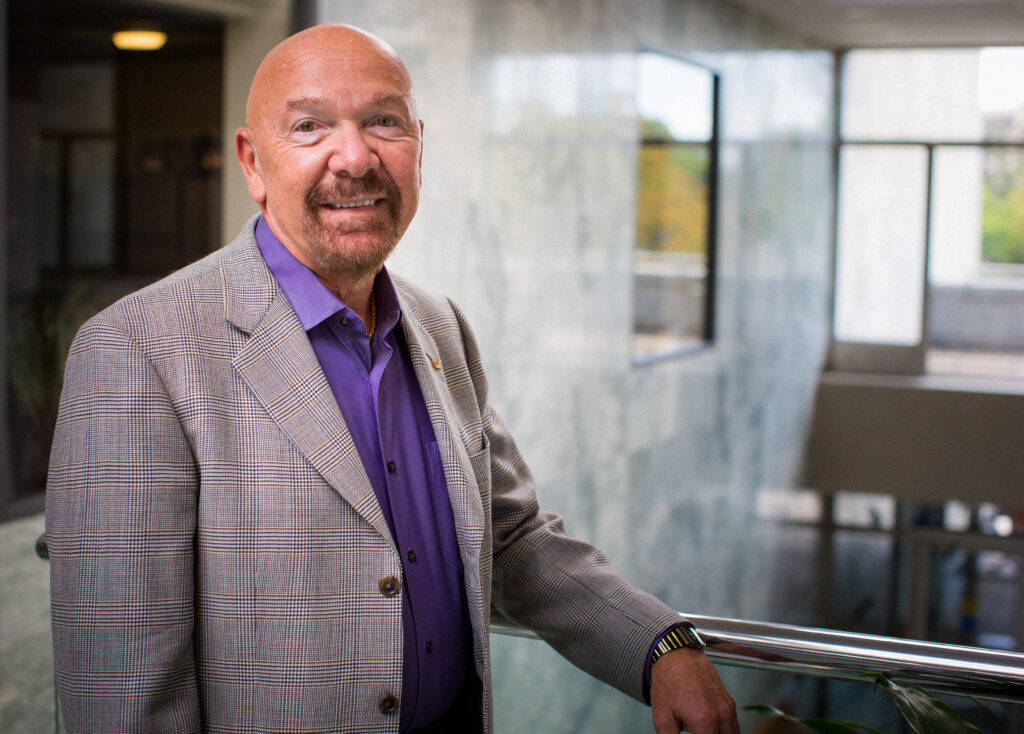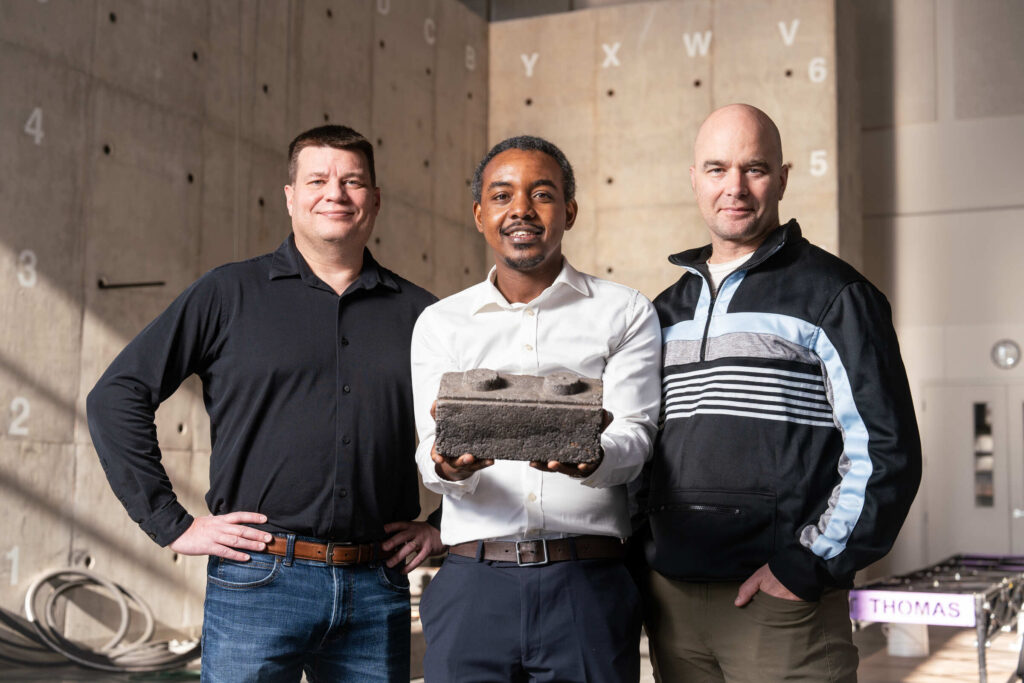St. Thomas School of Law students 1L Johnathon McClellan, 2L Sarah Murtada and 2L Jon Troe testified on March 12 before the Minnesota House Public Safety and Criminal Justice Reform Finance and Policy Committee in favor of proposed bill HF1762, The Regulation of No-Knock Warrants. The testimony was another step in their individual efforts to seek reforms regarding the use of unannounced or "no-knock" warrants by law enforcement in Minnesota.
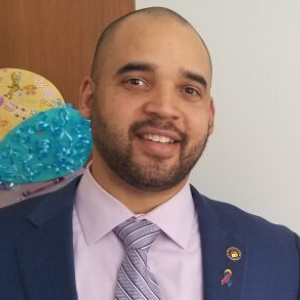
1L Johnathon McClellan
“[T]he police departments need to evolve,” McClellan said. “We need to identify best practices and make policy changes for the greater good of all Minnesota.”
He spoke as the primary testifier at the hearing, representing the Minnesota Justice Coalition, an organization that he founded to advance and steer the conversation with elected officials around criminal justice reform, police reform, public safety, human rights and restorative justice. The group, along with its community partners, has drafted and proposed nine bills this legislative session advocating for law enforcement reforms.
"Since the murder of George Floyd, it's been important to work even harder to ensure that we don't get stuck on repeat with policy, and fail to do what needs to be done," McClellan says.
It was because of McClellan’s work with the Minnesota Justice Coalition that St. Thomas Law alumna, Representative (66B) Athena Hollins ’11 J.D., asked him to testify on behalf of HF1762, for which she is the chief author and sponsor.
The bill seeks to prohibit no-knock warrants when the only underlying crime is suspected drug possession and require law enforcement agencies to

Athena Hollins ’11 J.D.
make quarterly reports on their use of no-knock warrants to the commissioner of public safety.
"[The bill] is policy to regulate the use of no-knock warrants," Hollins said at the committee hearing. "This language really seeks to strike a balance between law enforcement's need to sometimes move with the element of surprise and the citizen's right to reside safely in their own home.”
Hollins asked Troe and Murtada to testify as members of the public. The three had met previously regarding Knock First Minnesota, a nonpartisan initiative started by Troe last fall, that hopes to ban the use of no-knock warrants in Minnesota.
Troe says he first wanted to learn more about no-knock warrants last summer when he heard about Breonna Taylor, who was killed in Kentucky in March 2020 by police who forcibly entered her apartment to execute a no-knock search warrant.
He got the chance to dig deeper into the issue last fall as a student practitioner in St. Thomas Law’s Community Justice Project (CJP), one of St. Thomas Law’s 14 legal clinics. The CJP seeks to improve the lives of those living in the Twin Cities by engaging with community members and decision-makers to find research-based, public policy solutions to long-standing societal challenges.
Through the CJP, Troe was paired with 3L Sara Hunemiller and they began conducting research on no-knock warrants to understand their use and purpose as a law enforcement tactic. They also started a change.org petition and began outreach to the Minneapolis City Council and mayor’s office to urge them to consider a ban on no-knock warrants.
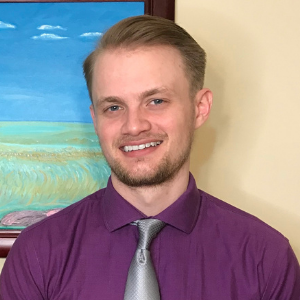
2L Jon Troe
Troe and Hunemiller say they were happy when the city of Minneapolis announced in November 2020 that it had created a policy for its police officers that provided guidance and placed restrictions on no-knock warrants, but also say that they would like to see more done.
That desire is also what motivated Troe and Hunemiller, who was assigned to a new CJP project at the start of spring semester, to expand their outreach to state legislators and what led Troe and his new partner, Sarah Murtada, to Representative Hollins.
HF1762 was approved by the committee (10-7) on March 12, however next steps for the legislation are unclear. The bill faces opposition and there is no Senate companion, but Hollins, Troe, Murtada and McClellan are committed to furthering the bill as a first step in reforming the use of no-knock warrants in Minnesota.
"I've communicated with stakeholders on both sides of the issue and to be perfectly honest, neither side is entirely satisfied with the legislation," Hollins said. "But I do think this is a really good start to confining when and where this tool can be used, and also to get more data about how frequently it is used."

2L Sarah Murtada

3L Sara Hunemiller

